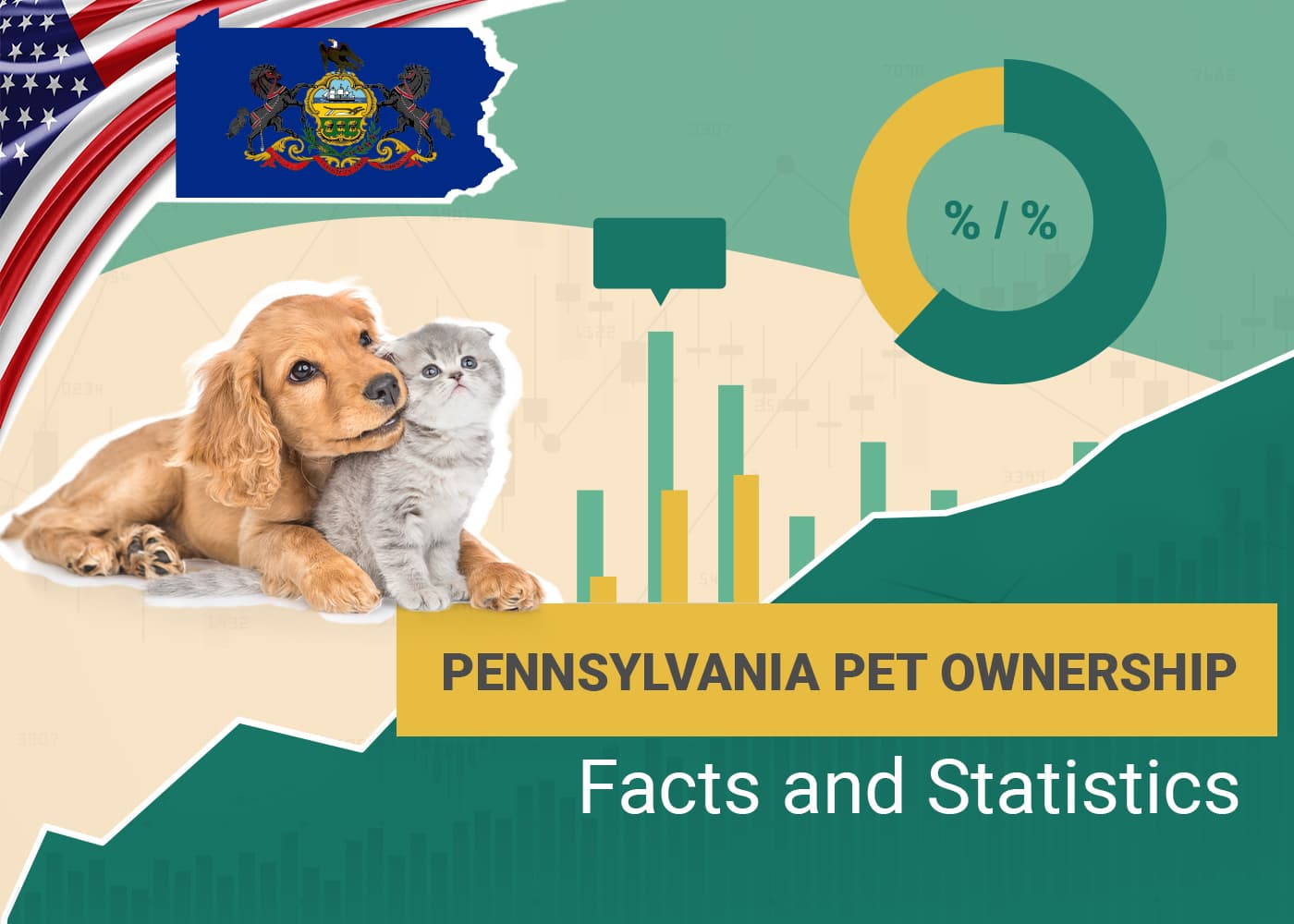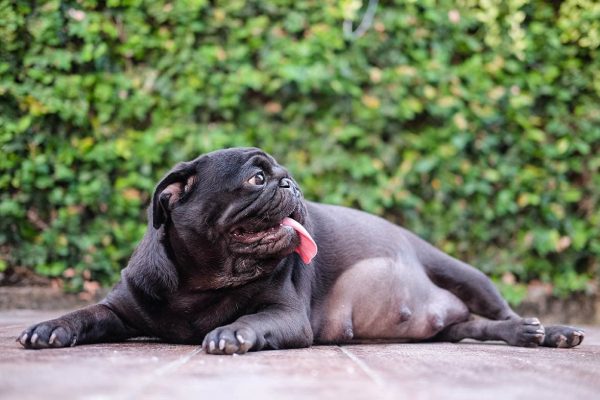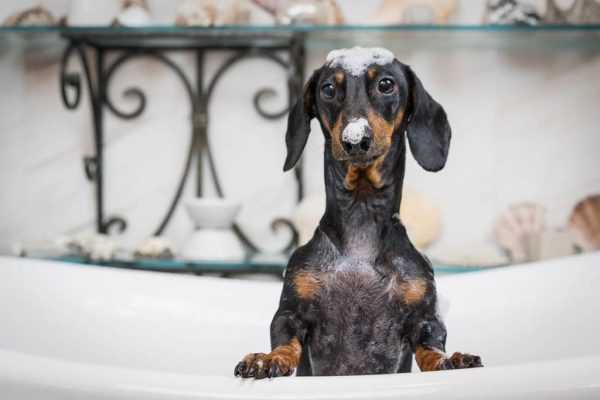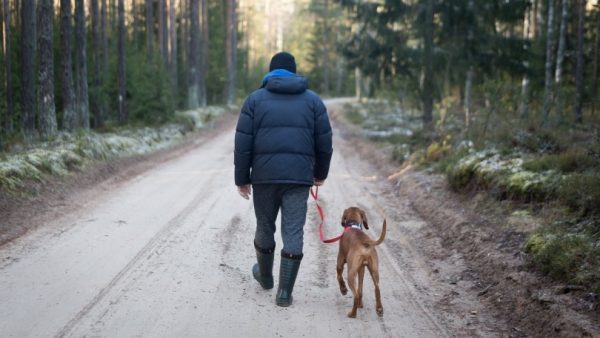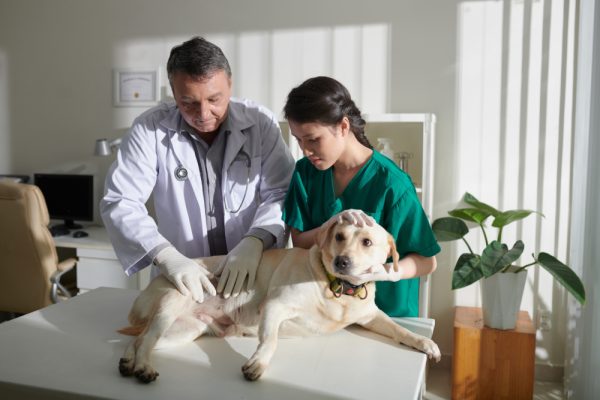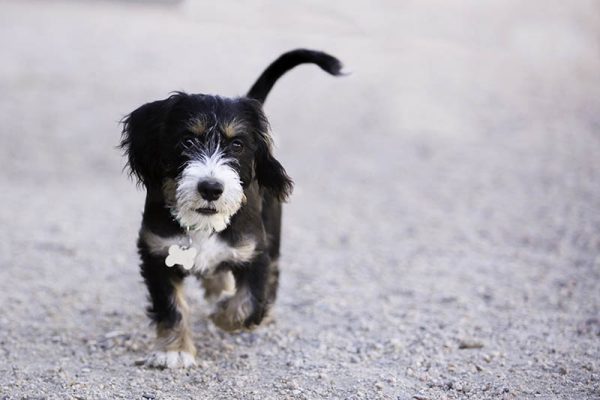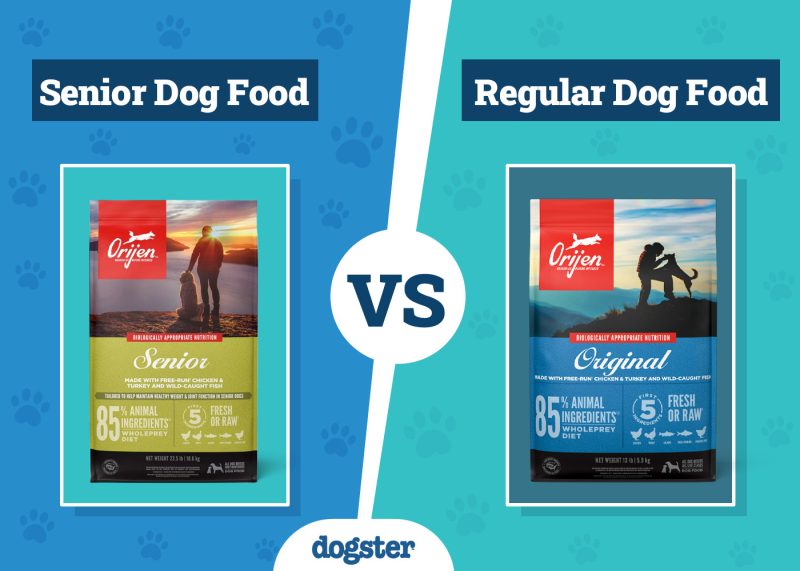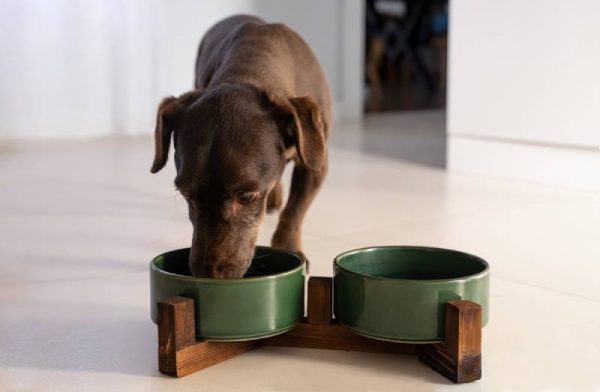In this article
View 3 More +Note: This article’s statistics come from third-party sources and do not represent the opinions of this website.
Pennsylvania has a rich history, a diverse landscape, and a strong connection to nature, extending to pet ownership. Whether a loyal canine companion, a graceful kitten, or any other furry, feathered, or scaled family member, pets play an integral role in the lives of countless Pennsylvania residents. Keep reading as we list several interesting statistics and facts about pets and their owners in the Keystone State.

The 12 Pet Ownership Statistics in Pennsylvania
- Most Pennsylvania residents own a pet.
- Pennsylvania pet owners prefer dogs.
- Many Pennsylvania pet owners are willing to spend big money on their pets in an emergency.
- Millennials own the most pets.
- Owning pets makes people happier.
- Pet ownership is on the rise.
- Pennsylvania is part of the minority when it comes to owning exotic animals.
- Pennsylvanians with exotic pets tend to pay more taxes.
- Pet owners spend more on food than the vet.
- Petcare costs have increased by more than 50% since 2018.
- Toys and specialized treats are common expenses.
- Millennials spend the most on pets.

General Pet Owner Statistics
1. Most Pennsylvania residents own a pet.
(WorldPopulationReview)
Research shows that 60.6% of Pennsylvania residents own a pet. Twenty-one states, including Wyoming, Nebraska, and Vermont, have a higher percentage, but Pennsylvania is still better than average. Some states with the lowest percentage of pet owners include nearby New Jersey, with 47.4%, and the District of Columbia, with only 38.2% of residents owning a pet.
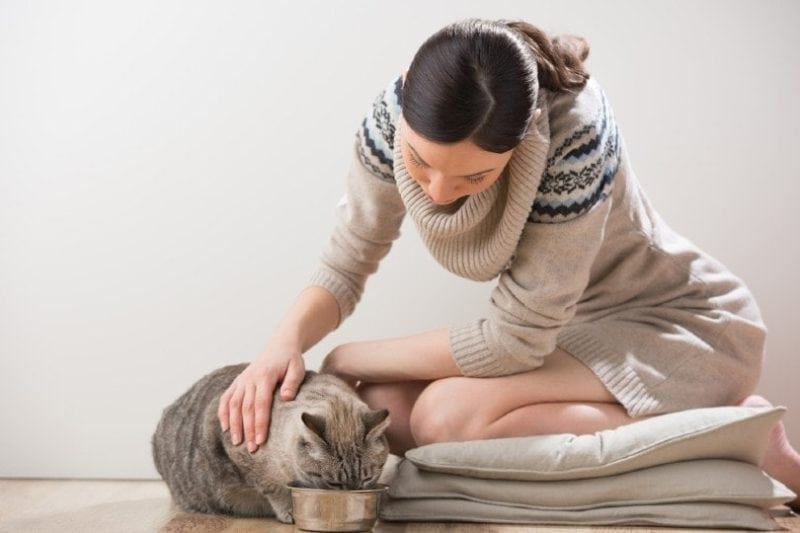
2. Pennsylvania pet owners prefer dogs.
(WorldPopulationReview)
While cats and dogs are popular in Pennsylvania, dogs take the lead, with approximately 38.9% owning one, while only 28.9% own a cat. Two states that have more cat owners than dog owners are Vermont and Maine.
3. Many Pennsylvania pet owners are willing to spend big money on their pets in an emergency.
(Forbes)
Studies show that as many as 36% of Pennsylvania pet owners are willing to spend more than $4,000 on their pets if they were to face a medical emergency. While this is good news, there is room for improvement, as other states, including Alaska, Massachusetts, and neighboring New Jersey, all see above 50%.
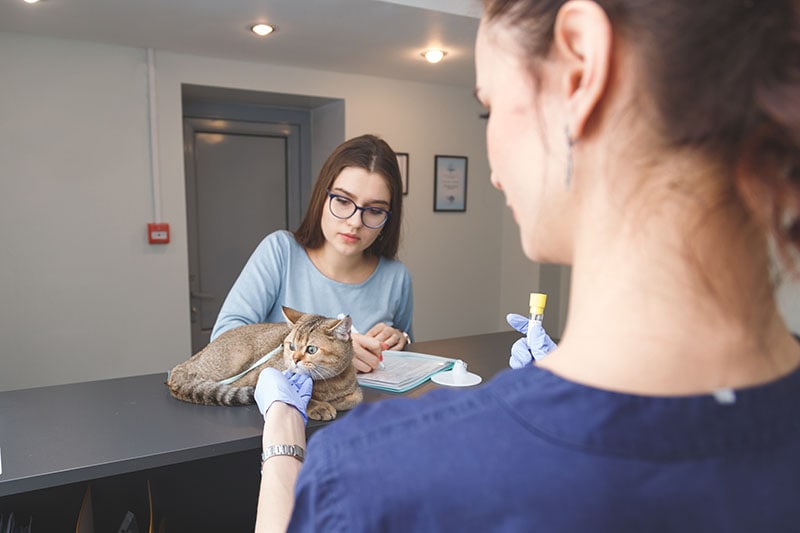
4. Millennials own the most pets.
(Statista)
A survey revealed that Millennials own the most pets, securing 33% of the market. Gen X comes in second with 25% of the market share, followed by Boomers with 24%.
5. Owning pets makes people happier.
(YPulse)
When surveyed, approximately 49% of pet owners agree that having pets and spending time with them makes them happier, and 42% consider their pet as one of their children.
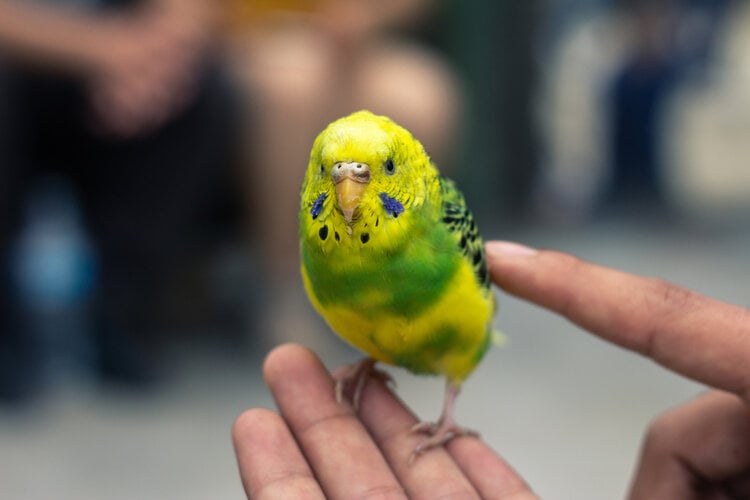
6. Pet ownership is on the rise.
(Statista)
The number of people who own a pet has increased for many years. In 1988, only about 56% of people owned pets, but 66% have one in 2023.

Exotic Pet Statistics
7. Pennsylvania is part of the minority when it comes to owning exotic animals.
(Animal Law)
Pennsylvania is one of only 13 states that require you to obtain a permit to own an exotic pet, including tigers, bears, and leopards. However, you cannot own poisonous or wild animals. To get a license, you must prove satisfactory conditions for the animal, maintain liability insurance, and pay a fee. Only three states make it easy to own exotic animals, while all other states have complete or partial bans on the sale and ownership of these animals.
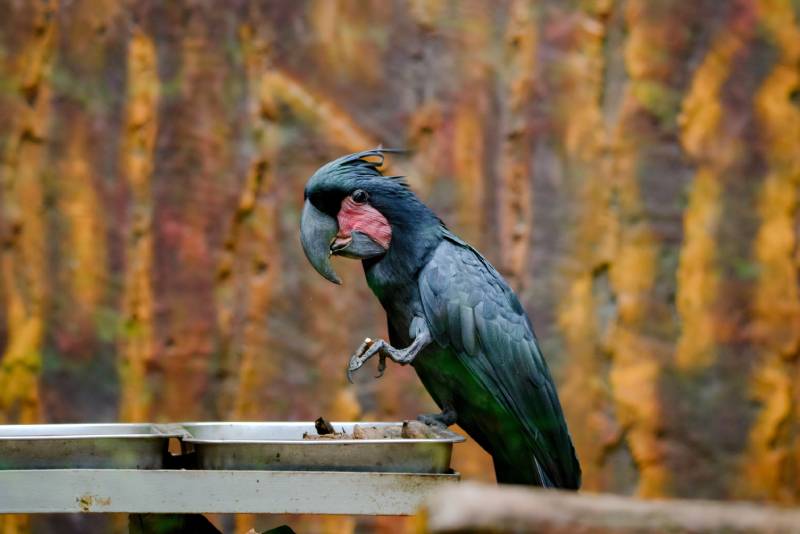
8. Pennsylvanians with exotic pets tend to pay more taxes.
(ExpertInsuranceReveiws)
Reports show that when Pennsylvania residents choose to obtain a permit to own an exotic animal, they often face higher homeowners’ insurance premiums due to the worry that the animal could get out and harm someone.

Pet Cost Statistics
9. Pet owners spend more on food than the vet.
(Statista)
Reports show that pet owners spent roughly $58 billion on food in 2022 and $35.9 billion on veterinary care. This report also suggests that dogs cost more than cats on average.

10. Petcare costs have increased by more than 50% since 2018.
(Forbes)
Whether due to the COVID-19 pandemic or more people owning pets overall, people spent more than $136 billion on pets in 2022, up from $90 billion in 2018, a greater than 50% increase.
11. Toys and specialized treats are common expenses.
(YPulse)
Pet pampering has increased over the years, with approximately 51% of pet owners stating that they purchased new toys for their pet in the last 6 months and 49% admitting that they purchased special food treats. Pet owners also spend more on grooming tools, high-end foods, new beds, and vitamins.

12. Millennials spend the most on pets.
(Statista)
Millennials also tend to spend more on their pets, especially during the holidays, when they often spend an average of $51 compared to the $28 by Boomers.

Frequently Asked Questions About Pet Ownership in Pennsylvania
Do I Need a License to Own a Pet in Pennsylvania?
Pennsylvania requires a license for all dogs 3 months of age or older in order to identify the dog’s owner and provide funding for dog control and other services.
What Are the Requirements for Obtaining a Dog License in Pennsylvania?
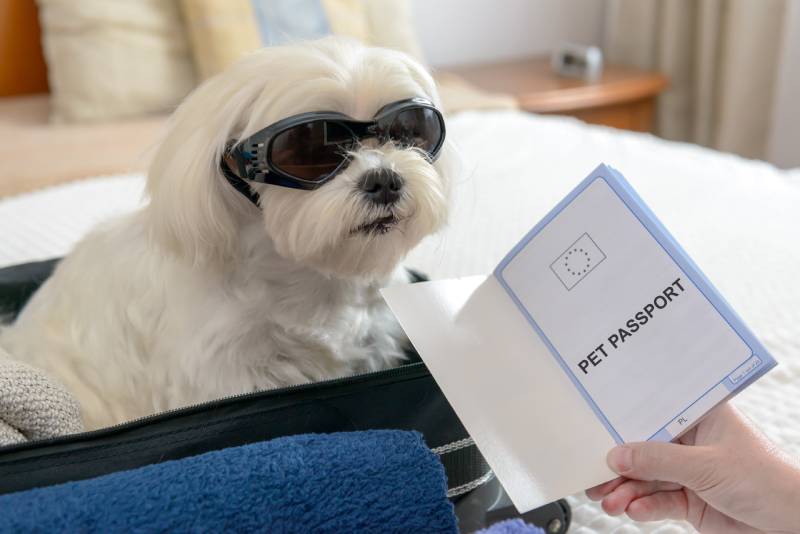
To obtain a dog license in Pennsylvania, you must provide proof of your dog’s current rabies vaccination and pay the applicable fee. You can usually get them at the county treasurer’s office.
What Types of Animals Are Considered Exotic Pets in Pennsylvania?
Exotic pets can include various species, like non-native reptiles, large cats, certain birds, primates, and other uncommon animals. Regulations regarding exotic pet ownership can vary depending on the specific species and local ordinances. An animal is exotic when it is not native to the United States.
Do Pets Need Vaccinations?
Pennsylvania requires all dogs be vaccinated against rabies by the age of 4 months and subsequently receive booster shots according to the vaccination schedule provided by a veterinarian. Cats will also need vaccinations, as will other animals, such as rabbits and ferrets.
Are There Restrictions on Keeping Certain Types of Pets in Residential Areas?
Local zoning ordinances may restrict pet ownership in certain residential areas. For example, some communities might limit the number of pets that you can keep, or they might prohibit specific types of animals in residential zones. Checking with your local municipality before purchasing a new pet is always a good idea.

What Are the Rules for Transporting Pets in Pennsylvania?
While there are no specific state laws regarding transporting pets in Pennsylvania, it’s essential to ensure the safety and comfort of the animal during travel. A secure carrier or harness will help keep them safer and make the trip more comfortable. Many carriers also have compartments to hold treats and toys that will help keep them entertained on longer journeys.
What Is the Spay/Neuter Policy in Pennsylvania?
Pennsylvania doesn’t have a statewide spay/neuter policy, but a few localities may have their own ordinances regarding spaying and neutering pets. Many animal shelters and rescue organizations promote spaying/neutering to control pet overpopulation. It can also help keep your pet healthier as they age and will prevent territory marking and spraying.
What Should I Do If I Find a Lost Pet or Lose My Pet in Pennsylvania?
If you find a lost pet or lose one, you can contact local animal shelters and veterinarians or post about the pet on social media or lost-and-found pet websites to help raise awareness.

Conclusion
There are many interesting pet statistics concerning Pennsylvania. More residents own a pet than don’t, and the number of people that own one is increasing, with Millennials leading the way, followed closely by Generation X. For people who are interested in owning an exotic pet, they will be happy to know that Pennsylvania only requires a permit to keep many animals, including bears, tigers, and monkeys. Many pet owners say that their pet makes them happy, which is what really matters at the end of the day.
Featured Image Credit: Zarubina Viktoriia, Shutterstock
